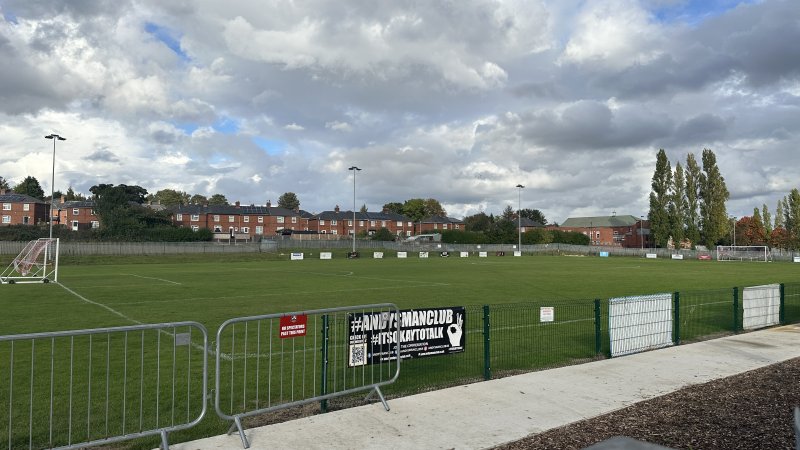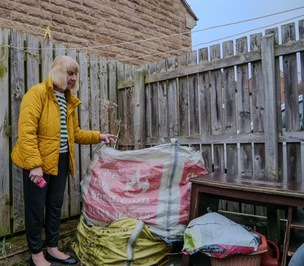Over the Christmas period I managed to Sellotape myself to the settee for long enough to watch one of my favourite films, White Christmas.
People say, with some justification, that’s it’s a shallow and sentimental film which is fine because I’m a shallow and sentimental man and I would argue that it has more emotional depth than is at first apparent.
It’s packed with reflections on love and loyalty and the passing of time and the way that you should really take your chances when you can.
Add the wonderful songs to the mix and there’s no wonder I was blubbing like a baby on that settee.
If you’ve never seen White Christmas then you’re in for a treat and if you have seen it then you know exactly what I’m talking about.
Christmas is receding, of course, and we’re into a new year and the reason I’m thinking about White Christmas is that I’ve found out that it was the film that was showing at Darfield’s Empire Cinema when it closed on December 29, 1956, having opened on December 14, 1914.
Next time you’re in Darfield, go and have a look at the old Empire, because it’s still there, near the church and the Cross Keys and our lovely Darfield Museum.
It’s Darfield Church Hall now but you can tell by the architecture that it used to be a cinema and you can imagine the folks of Darfield streaming in an out of it all week and two or three times on Saturdays just to catch the latest comedy or thriller or musical. I can see their flat caps now, and their headscarves, and their excited kids.
I’ve been thinking, though, about that last showing of White Christmas that December day in 1956, the year I was born.
What was it like? Was there a sense of finality, of something disappearing forever? Did some people take their flat caps off and weep?
Were there flowers and chocolates for Mrs Redmayne, the fearsome manager of The Empire, who kept everyone on their toes and was reported to have held a dim view of snogging couples in the back row? Did people just shrug and decide to go to the Plaza in Wombwell or the other Empire in Goldthorpe instead?
We’ll never know, I guess. In the elegiac film about small town Texas, The Last Picture Show, which is worth a watch if you’ve never seen it, there’s no fuss at all when the picture place shuts; it’s just part of the general rundownness of the town and in a way it feels inevitable.
That’s what I have to bear in mind as I think about the closure of The Empire in Darfield; it was part of a trend and not an isolated incident. Televisions were beginning to appear in more and more houses and the idea of a smallish local cinema was starting to feel a bit outdated, a bit old-fashioned. TV and the wide screens in the bigger towns were the future; a little one-screen picture palace in a pit village was the past.
I can’t stop thinking about that last showing in December 1956. There are so many unanswered questions. Was the cinema full, or were there just a few punters scattered around, some downstairs, some on the balcony?
On the front row, was there a little group who were the picture-house equivalent of trainspotters or groundhoppers, who always visited cinemas for their last showings, and wrote the details down in a book?
Maybe there were a few people in the place who didn’t know that when The End came on the screen that it really was The End of The Empire.
Maybe, and even more heartbreakingly, there was someone in the balcony who had just moved to Darfield from a village in Lancashire because his pit had shut and when the pit shut the cinema followed soon after and he was looking forward to spending his evenings at the Empire because he loved going to the pictures. He didn’t know that his first visit was to be his last.
I like to think that as people filed out for the last time, it was snowing outside like it does at the end of White Christmas, or is that just me being too poetic? Maybe it is.
If any Chronicle readers were at that last showing in 1956, do let me know. Maybe next year we could so an event where we recreate those final moments…


























